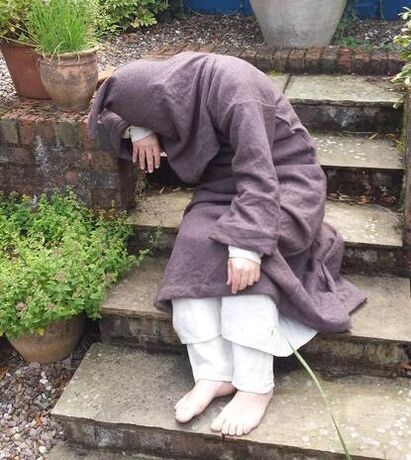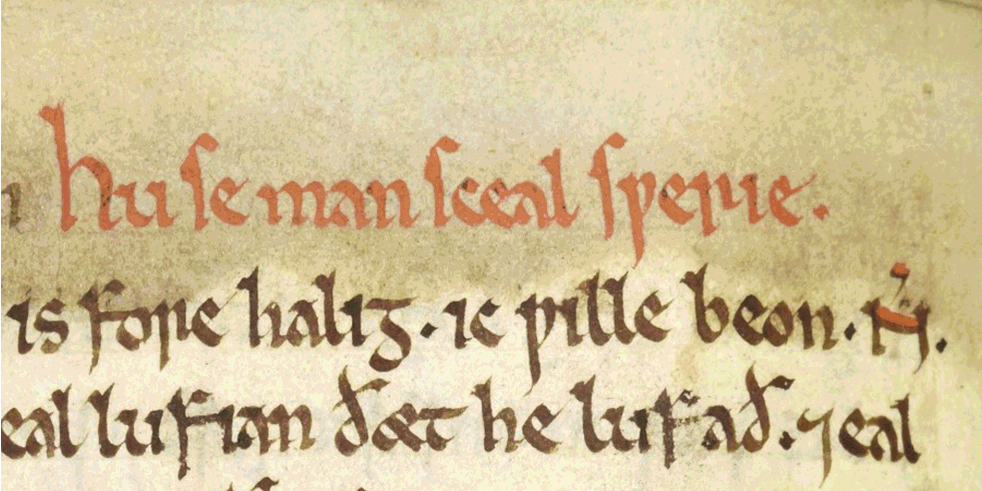|
The Anglo-Saxon Monk announces the latest translations from Textus Roffensis Blessed readers, I'm quite sure most of you are honest souls. At least I hope so. But every now and then in life we may meet with someone who thinks we are not, and they may accuse us publicly of some offense. What is to be done? Well, the Anglo-Saxons had a few things up their lawful sleeves designed to restore one's honour. Perhaps we may learn from them. So please take a look at the most recent translations of texts from the great book of Rochester, Textus Roffensis, which sheds considerable light on the culture and history of early medieval England. The first of these texts deals with the matter of swearing oaths. The second to a related issue, that of defending your claim to land that has been bequeathed to you. Update 16 Sept 2022. My older translations of texts from Textus Roffensis for Rochester Cathedral have now been reformatted, so they are no longer available as PDFs but are in webpage format. This means they now have new web addresses. Please bear with me as I correct the links. Please check out the Rochester Cathedral Textus Roffensis page for both my older and newer translations. This third text tell a complicated story of tenth-century theft, lying and what appears to be a case of a good bishop being denied his right to defend his claim to land. I'm on the bishop's side, of course. The final two translations relate to wergild, the value put on a person's life in matters of law. Though not directly mentioning oaths in these texts, it should be noted that the higher your wergild, the higher your rank, and hence the more valuable your oath. But please don't worry too much if you're a lowly ceorl (the lowest of the free ranks), or even a slave, for there is a way up the social ladder, at least that's what the last of these texts suggests.
0 Comments
Your comment will be posted after it is approved.
Leave a Reply. |
Details
|


